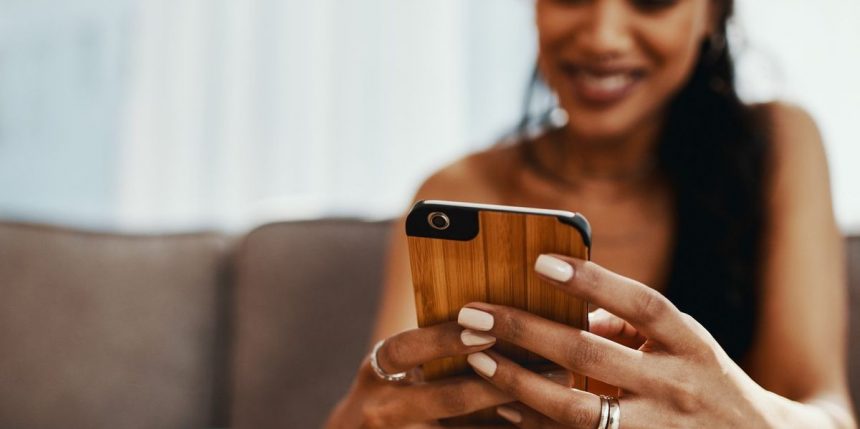
Scrolling through social media for information on birth control can be like opening a box of chocolates – you never know what you’re going to get. From dramatic weight gain blamed on birth control pills to choreographed dances with vaginal rings, the range of content is vast.
Social media has a powerful influence on discussions about women’s health, often perpetuating misinformation. Healthcare provider Melissa Jordan highlights the impact of inaccurate studies on hormone therapy and the lingering effects of misinformation on women’s health.
While social media offers accessibility to information, the credibility of the sources is crucial. Social media influencers can sway opinions, leading to misinformation about birth control. It’s important to verify information from reliable sources and engage in shared decision-making with healthcare providers to ensure informed reproductive healthcare decisions.
Despite the risks of misinformation, social media can be a valuable tool for bridging the gap in accessible health information and empowering individuals to take control of their reproductive and sexual health. By conducting research and consulting with healthcare providers, individuals can protect themselves from misinformation and make informed decisions.
This resource was created with support from Organon, a HealthyWomen Corporate Advisory Council member.





